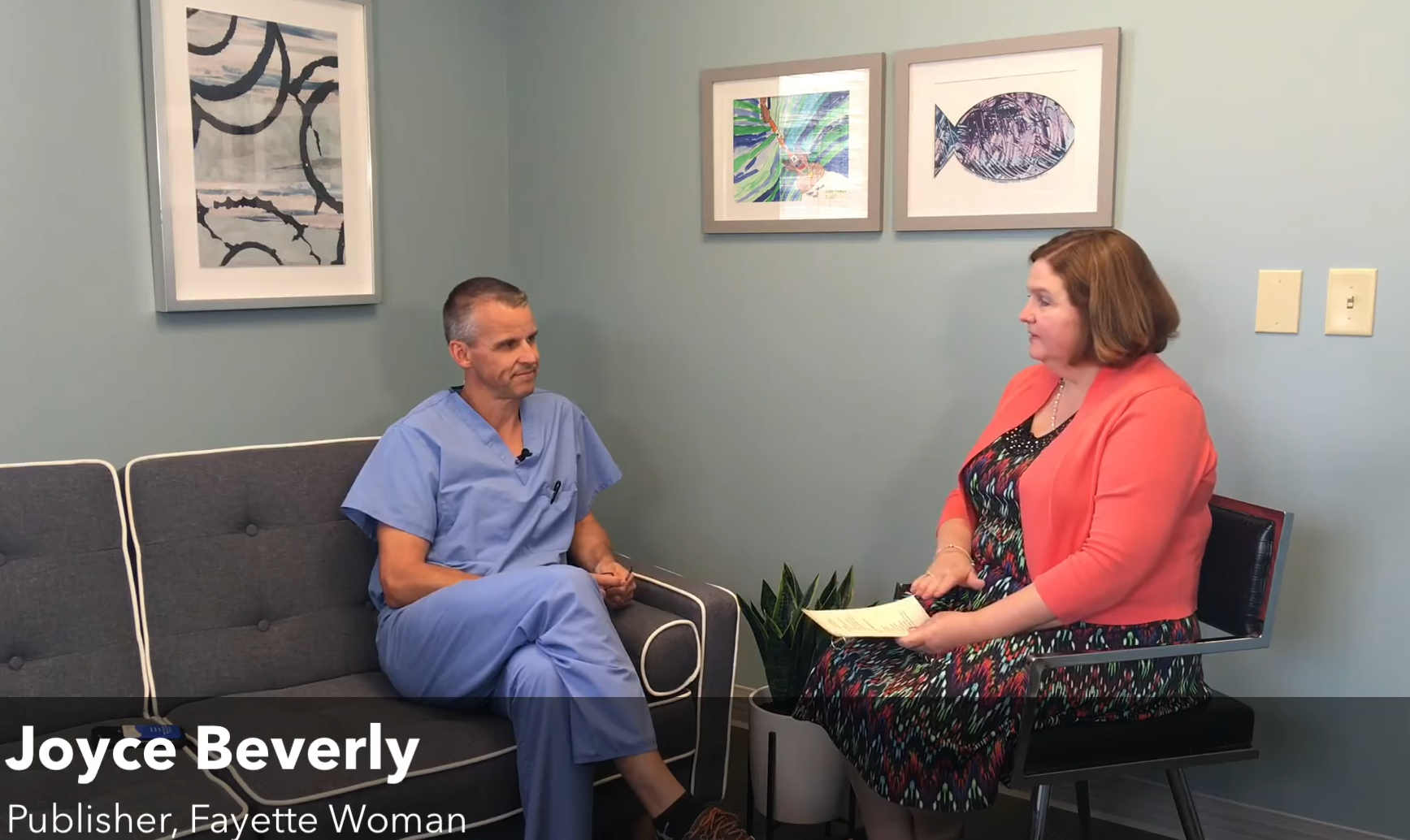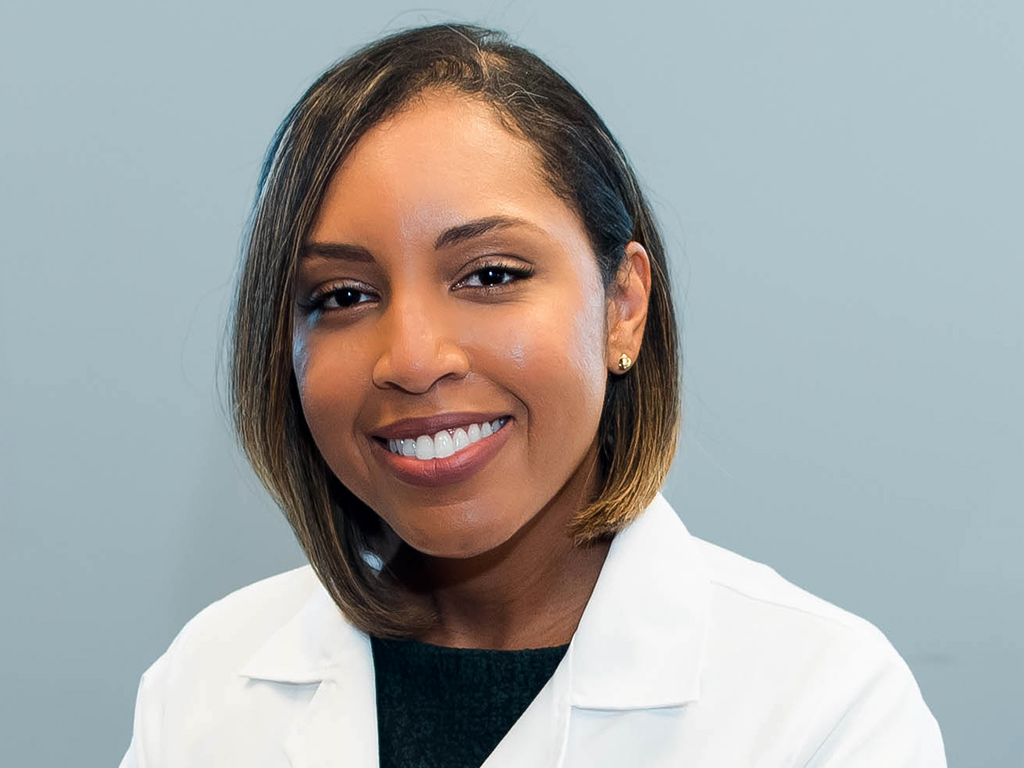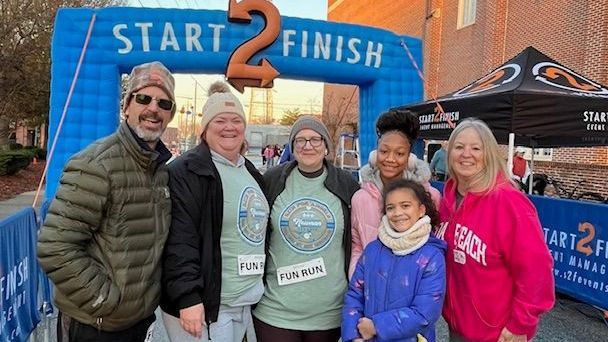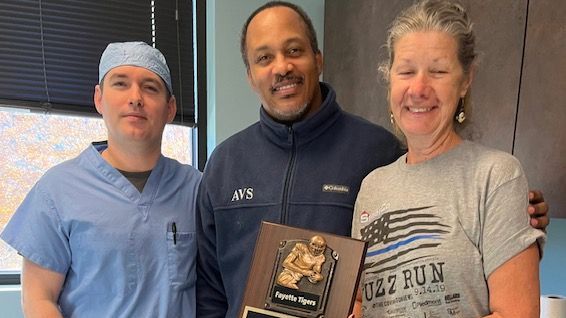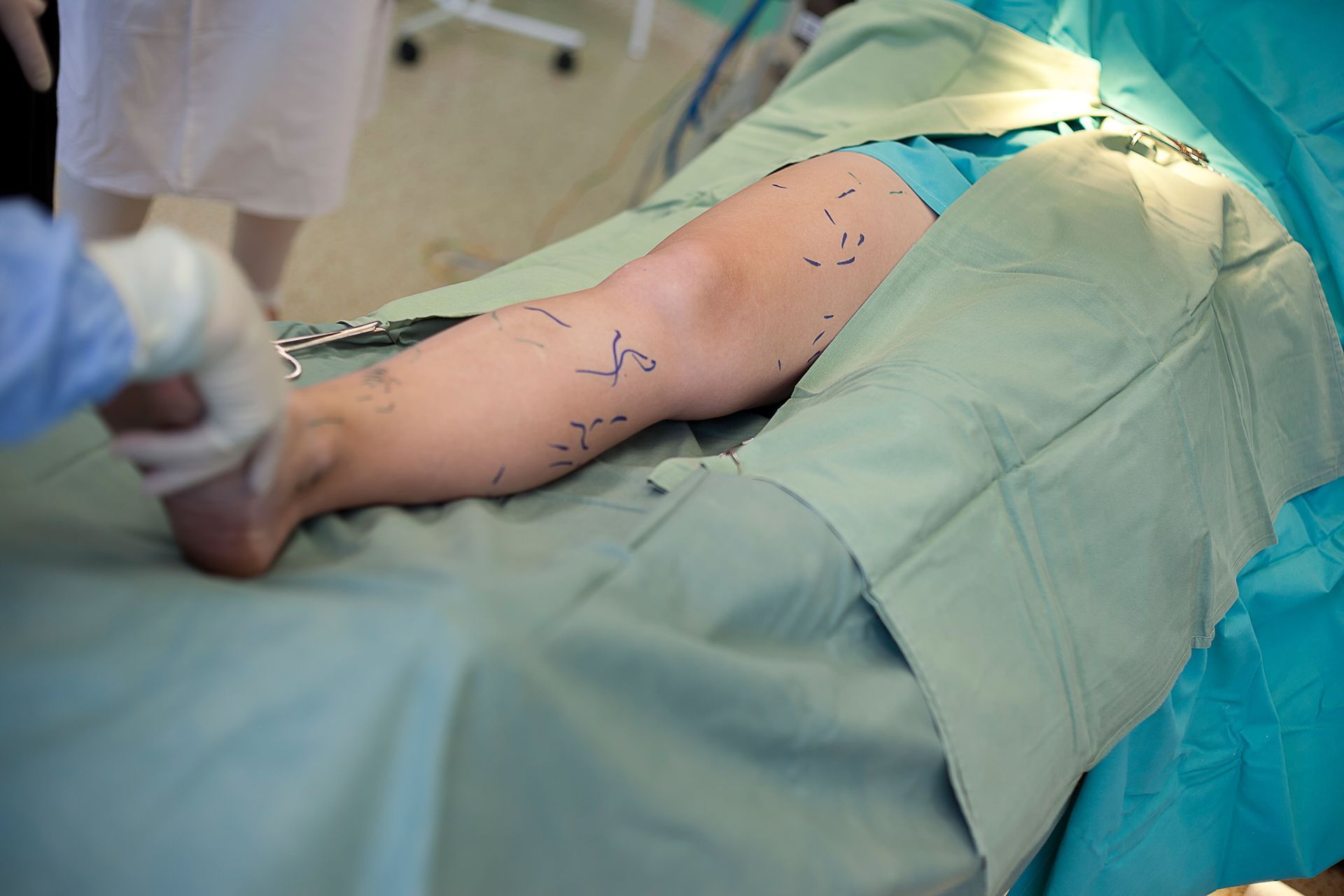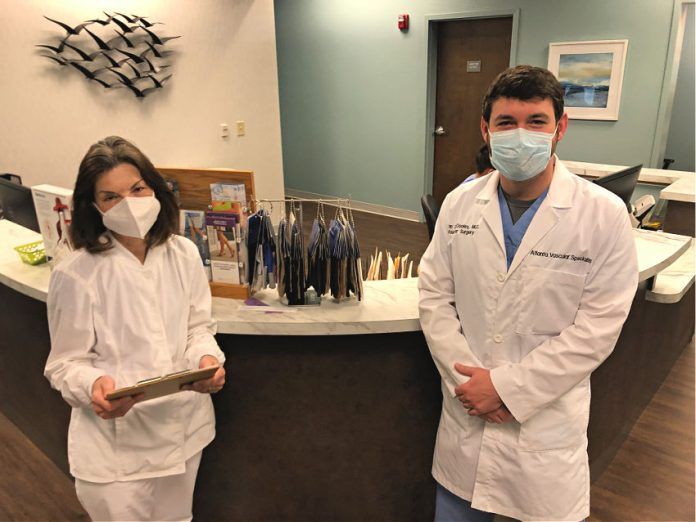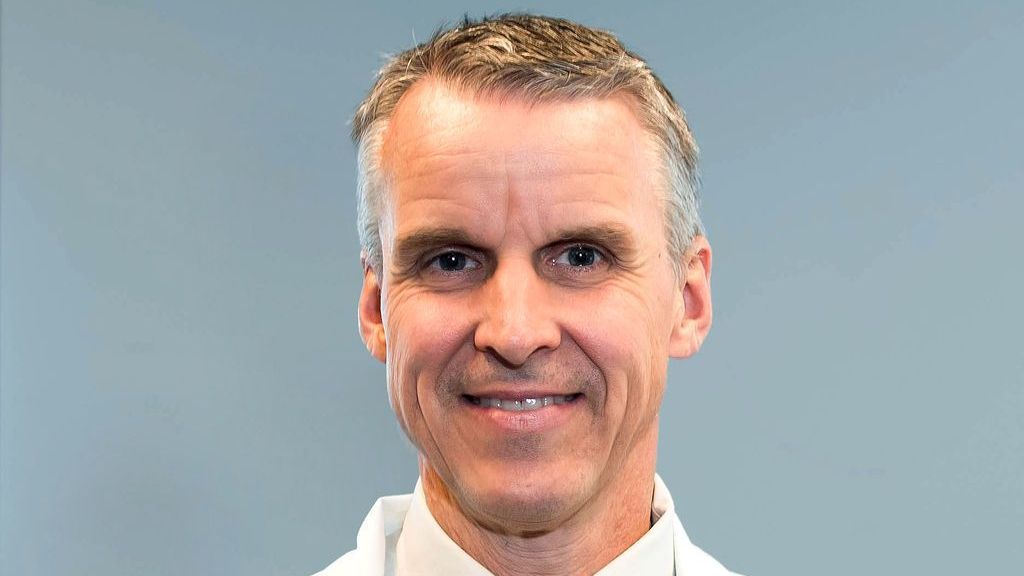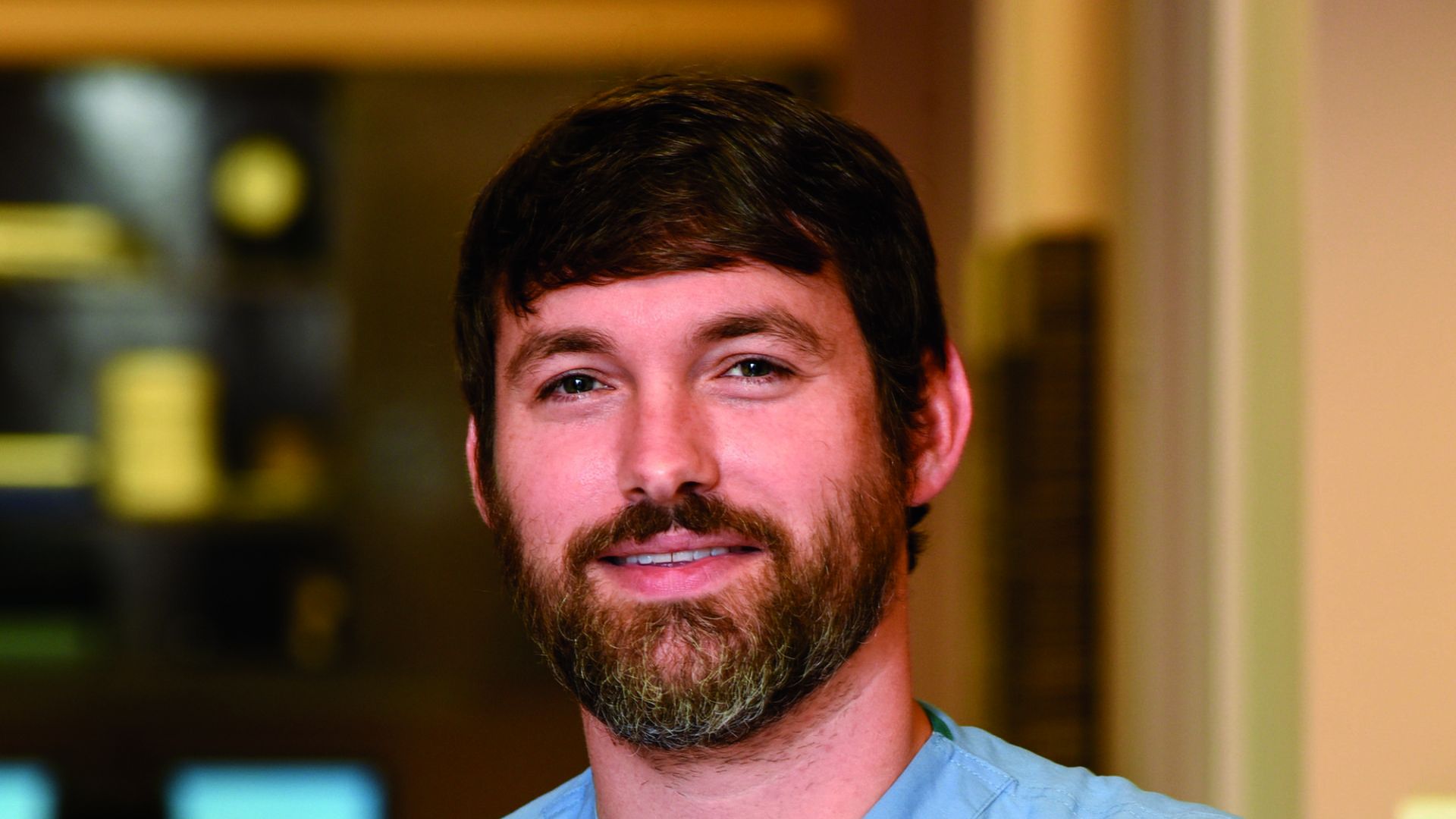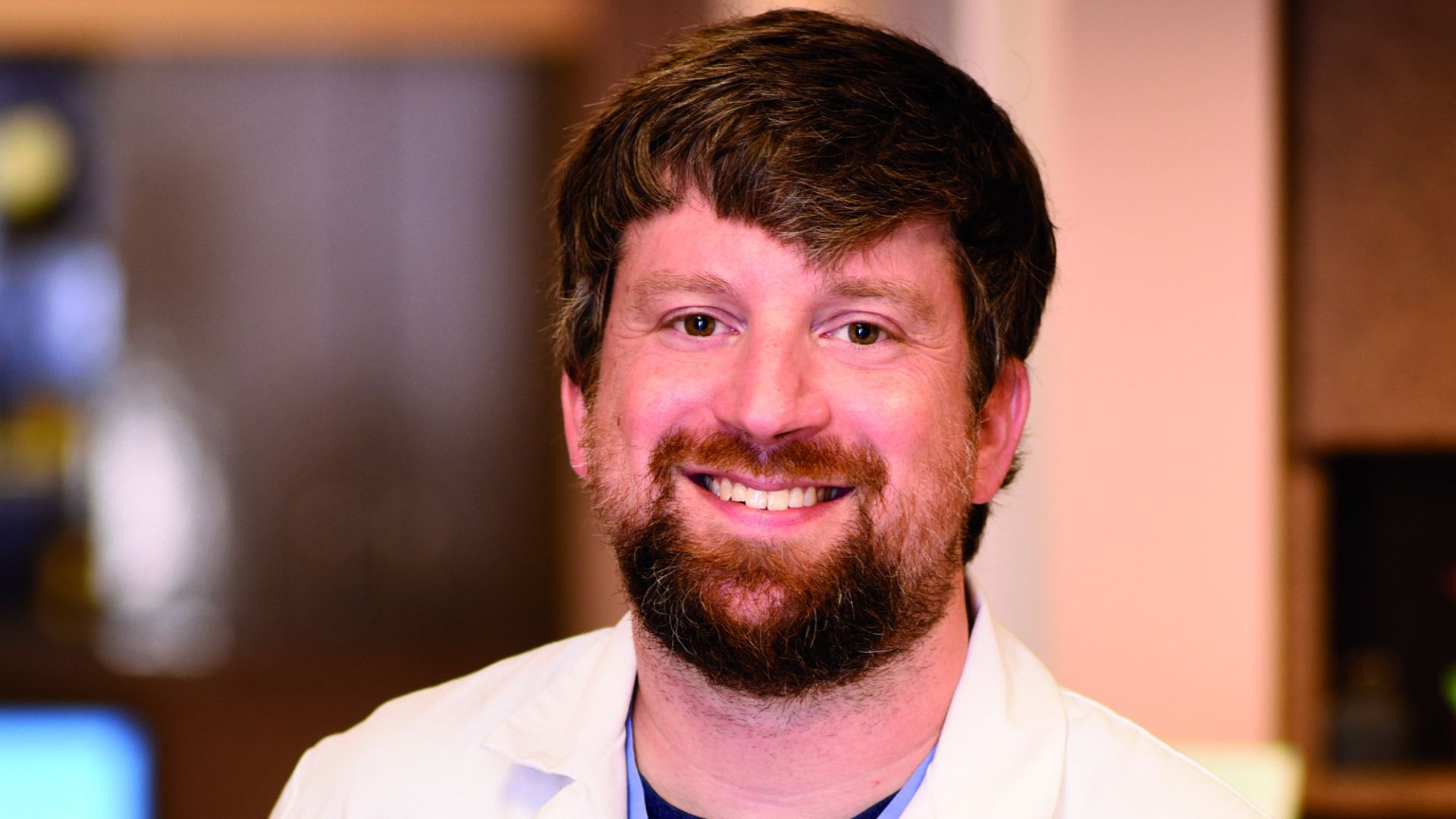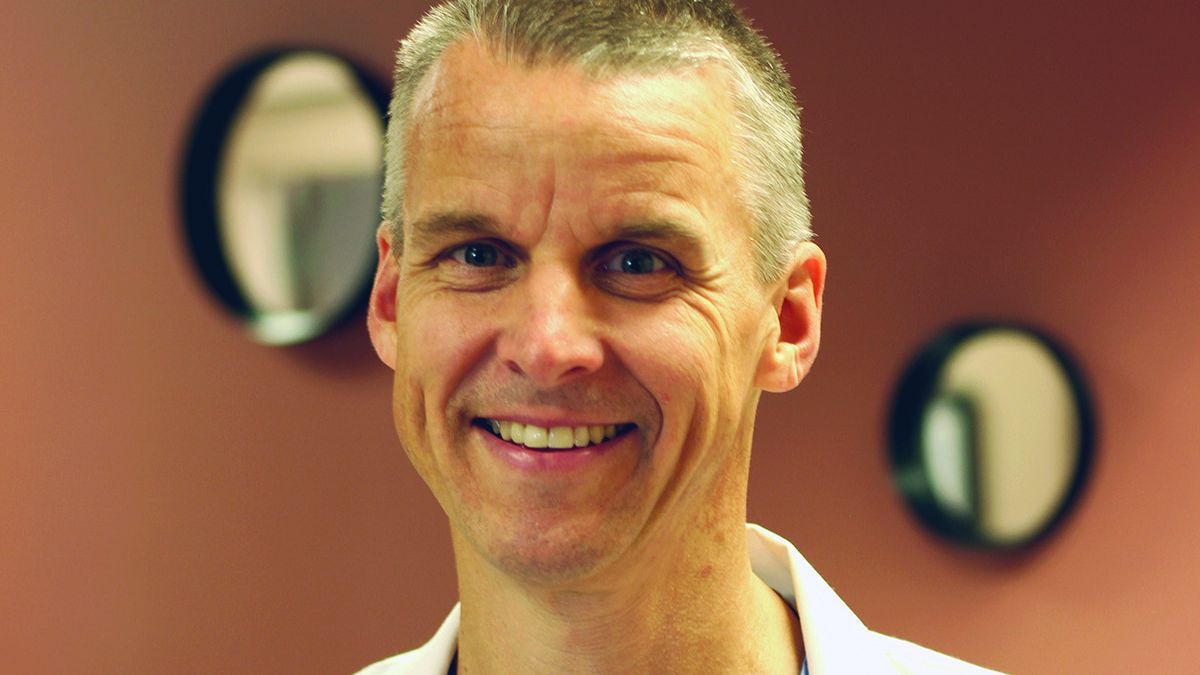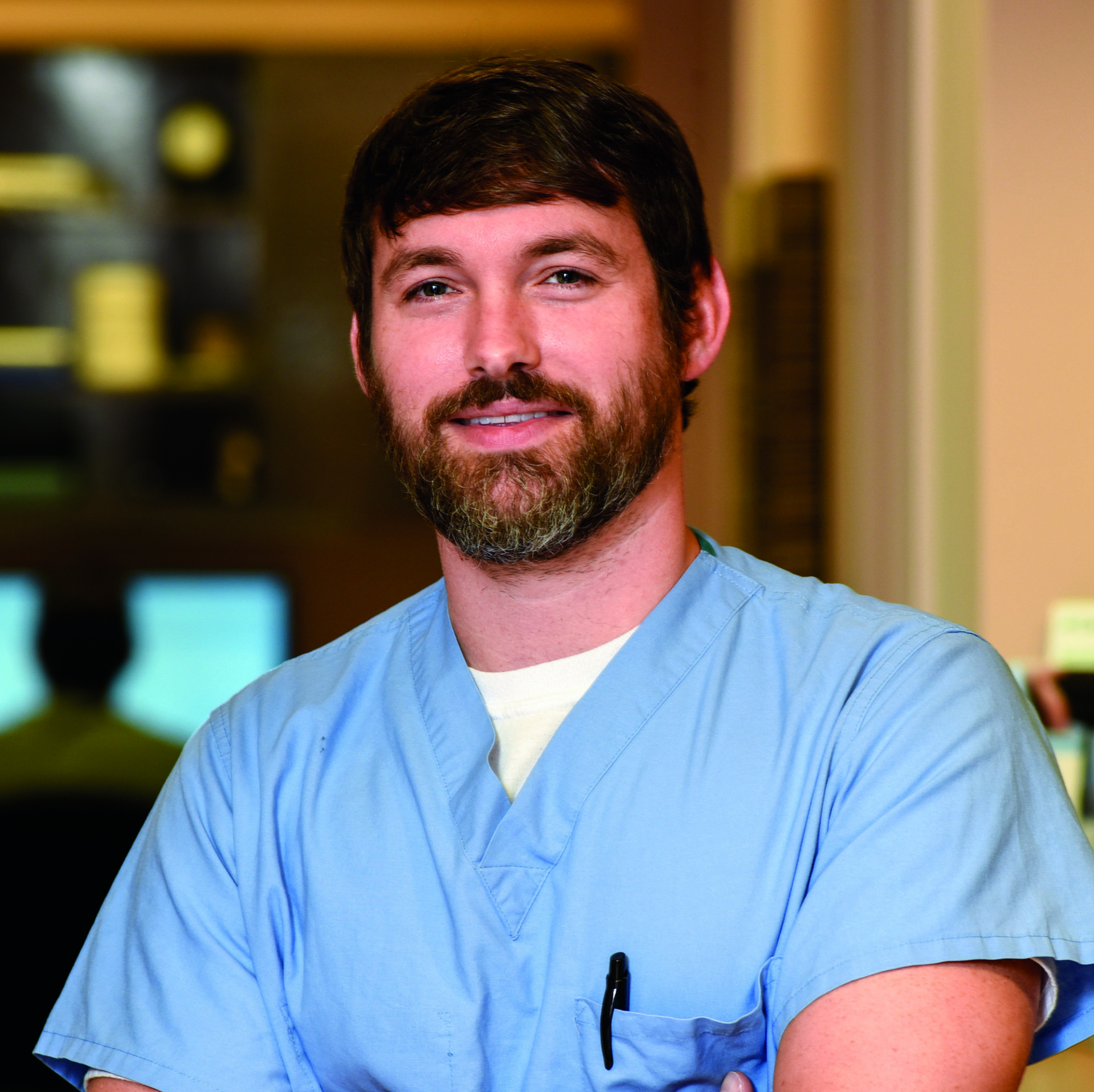Articles & Media
It was the summer of 2011.
Dr. Eric Wellons was in a predicament. The senior partner at his medical practice had retired. An associate working under him had left. He was short-handed with a heavy caseload.
“I was by myself, and I couldn’t do it,” Eric says.
A board-certified vascular surgeon, Eric was managing a growing practice at Atlanta Vascular Specialists in Fayette and Coweta counties. A year before, he had started a center for dialysis patients. In addition to the routine and life-saving surgeries he provided daily, he needed to staff the dialysis center five days a week. With multiple offices to oversee and a growing number of patients relying on him, Eric did what a lot of us have done at one time or another. He picked up the phone and asked his father for help.
The thing is, though, most of us don’t have a father who is a retired professor of thoracic and cardiovascular surgery.
“Most of the stuff I was doing was all within the scope of what he had been doing for years,” Eric says, “so I asked him to come for a year just to help me figure it out. He could see patients in the office and allow me more flexibility.”
Eric’s parents uprooted from an active retirement life in Charlottesville, Va., to live in an apartment in Fayetteville for nearly a year. It was no small sacrifice. His father has many friends and interests in the community where he was a professor for 17 years. Eric’s mother left an active practice in real estate at that time.
“Practically speaking, it didn’t make sense to come down on a week’s basis, so what we basically did was move down to Fayetteville,” Dr. Harry “Bert” Wellons Jr. says. “We felt like it was something we needed to do to support our son.”
And they both enjoyed the side benefit of getting to spend more time with the grandkids.
It wasn’t the first time the father-son duo had worked together. Two decades earlier, dring medical school, he had “scrubbed” with his dad for a month during an elective rotation.
“I had seen him in operations in high school,” Eric says, “but this time I actually got to operate with him.”
“When I was trained we were taught cardiac, thoracic, and also peripheral vascular surgery,” Bert explains. “Today because of advances it has been divided into three separate specialities.”
Eric says his father did “the whole kit and caboodle,” and Bert’s bonafides just keep on going. In addition to operating a successful cardiovascular practice in Springfield, Ill., and being a professor of surgery in Virginia and Illinois for many years, he served two years in the U.S. Army
Medical Corp., doing a tour during the Vietnam War at the 106th General Hospital based in Yokohama, Japan. In fact, Eric was born in Japan while his father served there.
The elder doctor says there was no pressure on Eric or any of their four children to follow in his footsteps. He didn’t even know Eric had an interest in medicine until he was well into college.
“I don’t know whether I ought to tell this story, but you know as kids I’d take them along on rounds in the hospital from time to time,” Bert says. “I remember the first time I did that with Eric he didn’t tolerate it very well. He got a little bit light-headed.”
The younger Wellons clearly outgrew his squeamishness. From Dartmouth, he went to medical school at the University of Virginia where his father trained and taught for so many years. It was after the surgical elective “scrubbing” with his father that Eric really began to lean toward being a surgeon.
Introduced to the newest procedures in residency, both men have blazed a trail through medical advances.
“When I came into the world there was no such thing as cardiac surgery at all,” Bert says. “In fact, antibiotics had just been discovered. When I started medical school, they were just starting to do open heart surgery. When I did my year of training at UVA, I scrubbed with the chief of surgery doing the first coronary bypass that he did here.”
During residency in Baltimore, Eric witnessed firsts too.
“I had a really good mentor for vascular surgery,” Eric says. “The thing that was great about him was we were at a small hospital in Baltimore, Union Memorial Hospital, right across from Hopkins. You think of Baltimore you think of Johns Hopkins, and the cool thing was he was doing the most advanced vascular surgery in all of Baltimore. I mean Hopkins didn’t even come close. The University of Maryland didn’t come close. He was doing aortic stent grafts. He was on the forefront of all of that, plus a lot of peripheral angioplasty, stent placement, all of these things that were not part of vascular surgery but he was one of the first to do them. That was really neat.”
Both agree that change is the constant you can count on in medicine.
“What you learn when you’ve been in it as long as I have is be willing to adapt to change because it’s gonna happen,” Bert says.
Today, Eric is senior partner at Atlanta Vascular Specialists, which has offices in Fayetteville, Sharpsburg, and Newnan.
“We stay at the forefront of the newest vascular treatments,” Eric says. “All of the treatments we offer are cutting-edge. Our goal is to bring the most advanced procedures to people in Fayette County and the Southern Arc, so they don’t have to travel to Atlanta for treatment.”
The two men have fond memories of their year in the trenches together.
The role reversal, the collegiality, were fun. The elder doctor, for example, gave his son a healthy dose of his teasing, good-natured point of view.
“He always had an opinion about how to do a case,” Eric recalls. “I believe he felt I was as good as anyone he had worked with, but it did not stop him from talking about how he would do it or why I did it the way I did.”
“As adult colleagues, we have a natural level of mutual respect which is very good,” Bert says.
“The thing I have enjoyed a lot with Eric is when he has a difficult problem he doesn’t mind bouncing it off of me. You know, it’s nice to have your son call you to ask you for advice on things like that.”
He also praises Eric’s technical skills and the way he runs his practice.
“His technical skills are really quite good,” he says. “I think that his knowledge of his profession is superb. Quite frankly, I just think because of his focus on the needs of the patient, he’s a good doctor.”
“One of the things I respect a lot is that he practices with a high degree of integrity. He’s not pushing the envelope for remuneration so much as making the decision on the basis of what’s best for patients. I think that’s one of his strongest positions really.”
Bert and Eric share a fierce passion for their chosen profession.
Eric enjoys all of his work, from caring for patients with the simplest to the riskiest procedures.
“It doesn’t matter what it is or how big an operation it is, it’s that you solve someone’s problem,” Eric says. “That’s the satisfaction.”
Bert agrees. “One of the things in surgery is you almost always see immediate results. To see how it changes lives: it’s a very rewarding thing.”
“The place I always enjoyed being the most was in the operating room,” Bert says. “To me, it was a sanctuary. It was just where I wanted to be.”
Eric appreciates his father’s technical skills. He talks about how his dad makes a “teeny” incision right over where the carotid artery divides, a technique that gives a much better cosmetic result, something patients love. He appreciates the chance he had to learn these skills from his father.
“There were things that he did differently than almost anybody I had ever seen. He told me how to do it and so i just started doing it. I do them like Dad.”
Subscribe to our newsletter
Stay up-to-date on news from Atlanta Vascular Specialists

